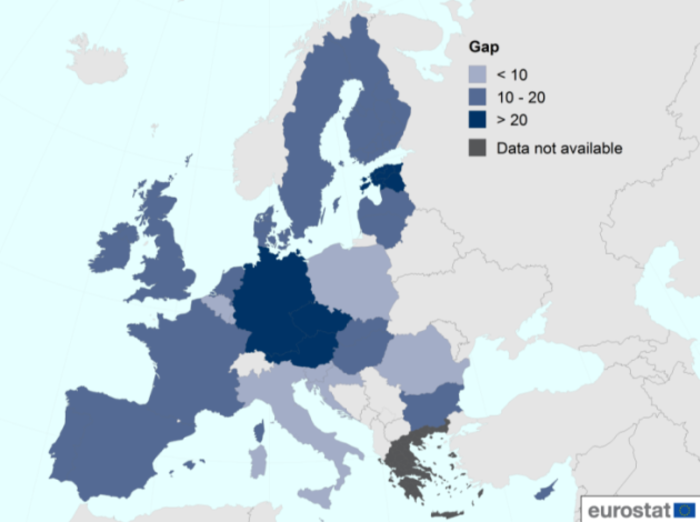'Publishing wage data is the best way to address the gender pay gap'
A University of Limerick research group says employers should have to show progress made in gender equality and not simply pay lip service.
THE IRISH GOVERNMENT has been urged to introduce legislation that would force businesses to publish the gender pay gap within their organisation.
The call was made by a group of researchers from the University of Limerick that is currently running a project to promote gender equality in business. It is part of the EU-funded PROGRESS programme and has invited organisations to practice a voluntary gender equality code.
In Ireland, the gender pay gap currently stands at roughly 14% and pay disparity between the two sexes is greater than the levels shown in 2008.
Speaking at the Gender Equality in Decision-Making conference, leader of the project, Dr Christine Cross said that the rise in the gender pay gap since 2008 has reinforced the need for Minister for Justice and Equality Frances Fitzgerald to take action.
She added that her group has published guidelines for employers that detail measures businesses can follow to increase the presence of women in senior positions.
“One of the key reasons for the gender pay gap is the over-representation of men in senior decision-making roles, whilst the percentage of women in senior management roles remains stubbornly low,” she said.
 EU gender pay gap percentages
EU gender pay gap percentages
Click here for a larger version
Another researcher associated with the UL project, Dr Caroline Murphy, said that publishing wage data on a regular basis is the best way to promote gender pay equality.
“Tailoring organisational practices can facilitate the achievement of greater gender balance and equality, (but) it is transparency and disclosure of organisational data that has the greatest potential to radically address gender inequalities,” she said.
“It is not enough for employers to simply pay lip service to gender equality, they should show what actions they are taking to tackle it in the workplace”.
Government action
Earlier this year, the government made a commitment to promote wage transparency when it included plans in the programme for government to make Irish companies with 50 or more staff complete a wage survey.
This was one of many measures in the programme for government to help address the current pay gap between male and female workers.
The British government has already drafted legislation that will require employers with over 250 employees to publish pay data on an annual basis and highlight the difference between women’s and men’s earnings.
This legislation will take effect when the Equality Act 2010 (Gender Pay Gap Information) Regulations 2016 come into force this year.
From spring 2017, employers in the UK will have to collect data on the difference between male and female wages and publish the figures every 12 months.





